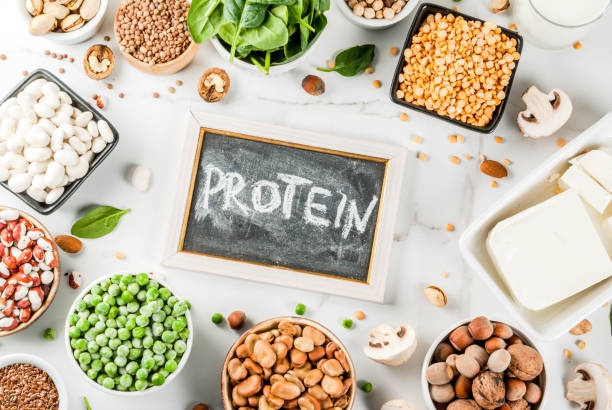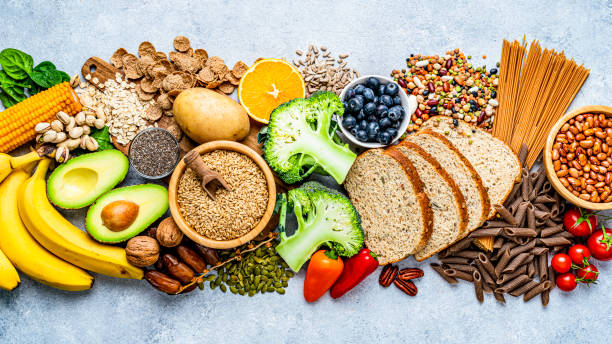Vanishing Dark Circles Naturally: Understanding the Causes and Effective Remedies
Dark circles under the eyes are a common cosmetic concern that can detract from one’s appearance and make them appear tired or older than they are. While dark circles can be caused by various factors, including genetics, lifestyle habits, and underlying health issues, there are natural remedies that can help reduce their appearance and brighten the under-eye area. In this blog post, we’ll explore the causes of dark circles and effective ways to get rid of them using natural remedies. Causes of Dark Circles: Natural Remedies for Dark Circles: Lifestyle Tips to Prevent Dark Circles: Here are some foods that can help reduce dark circles: 1. Leafy Greens: Leafy greens such as spinach, kale, and Swiss chard are rich in vitamins A, C, and K, as well as antioxidants like lutein and zeaxanthin. These nutrients help nourish the skin, improve circulation, and reduce inflammation, which can help diminish dark circles. 2. Berries: Berries such as blueberries, strawberries, and blackberries are packed with antioxidants, including vitamin C and flavonoids, which help protect the skin from oxidative damage and promote collagen production. Eating a variety of berries can help support skin health and reduce the appearance of dark circles. 3. Tomatoes: Tomatoes are rich in lycopene, a powerful antioxidant that helps protect the skin from UV damage and reduces inflammation. Including tomatoes in your diet can help improve skin texture and reduce under eye circles under the eyes. 4. Avocado: Avocado is a source of healthy fats, vitamins E and C, and antioxidants, which help moisturize the skin, reduce inflammation, and promote collagen production. Consuming avocado regularly can help nourish the skin and diminish the appearance of dark circles. 5. Almonds: Almonds are a good source of vitamin E, an antioxidant that helps protect the skin from oxidative damage and promote skin repair. Eating almonds or using almond oil topically can help moisturize the skin and reduce dark circles under the eyes. 6. Green Tea: Green tea contains antioxidants called catechins, which have anti-inflammatory and vasoconstrictive properties. Applying chilled green tea bags to the eyes or drinking green tea regularly can help reduce puffiness and dark circles under the eyes. 7. Watermelon: Watermelon is high in water content and contains vitamins A, C, and B6, which help hydrate the skin, reduce inflammation, and promote collagen production. Eating watermelon regularly can help improve skin texture and reduce dark circles under the eyes. Incorporating these nutrient-rich foods into your diet, along with maintaining a healthy lifestyle and skincare routine, can help reduce the appearance of dark circles and promote overall skin health. Dark under eye circles under the eyes can be unsightly and affect one’s confidence and self-esteem. While there are various causes of under eye circles, including genetics, lifestyle habits, and environmental factors, natural remedies can help reduce their appearance and brighten the under-eye area. By incorporating simple lifestyle changes, adopting healthy habits, and using natural remedies, you can effectively diminish dark circles and reveal brighter, more refreshed eyes. Embrace these natural solutions and restore vitality to your skin, one soothing treatment at a time.
Vanishing Dark Circles Naturally: Understanding the Causes and Effective Remedies Read More »










